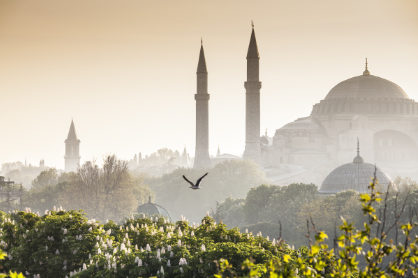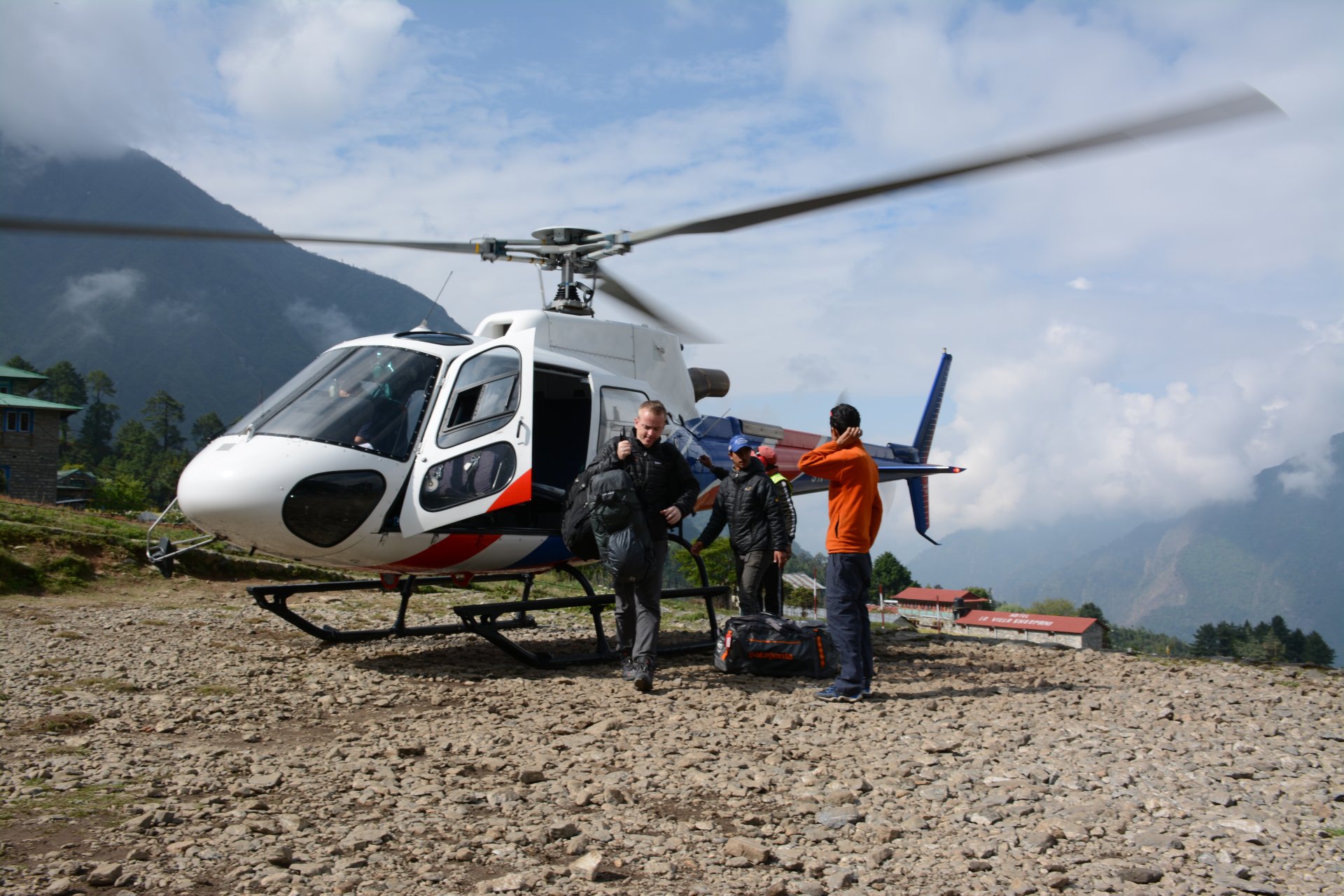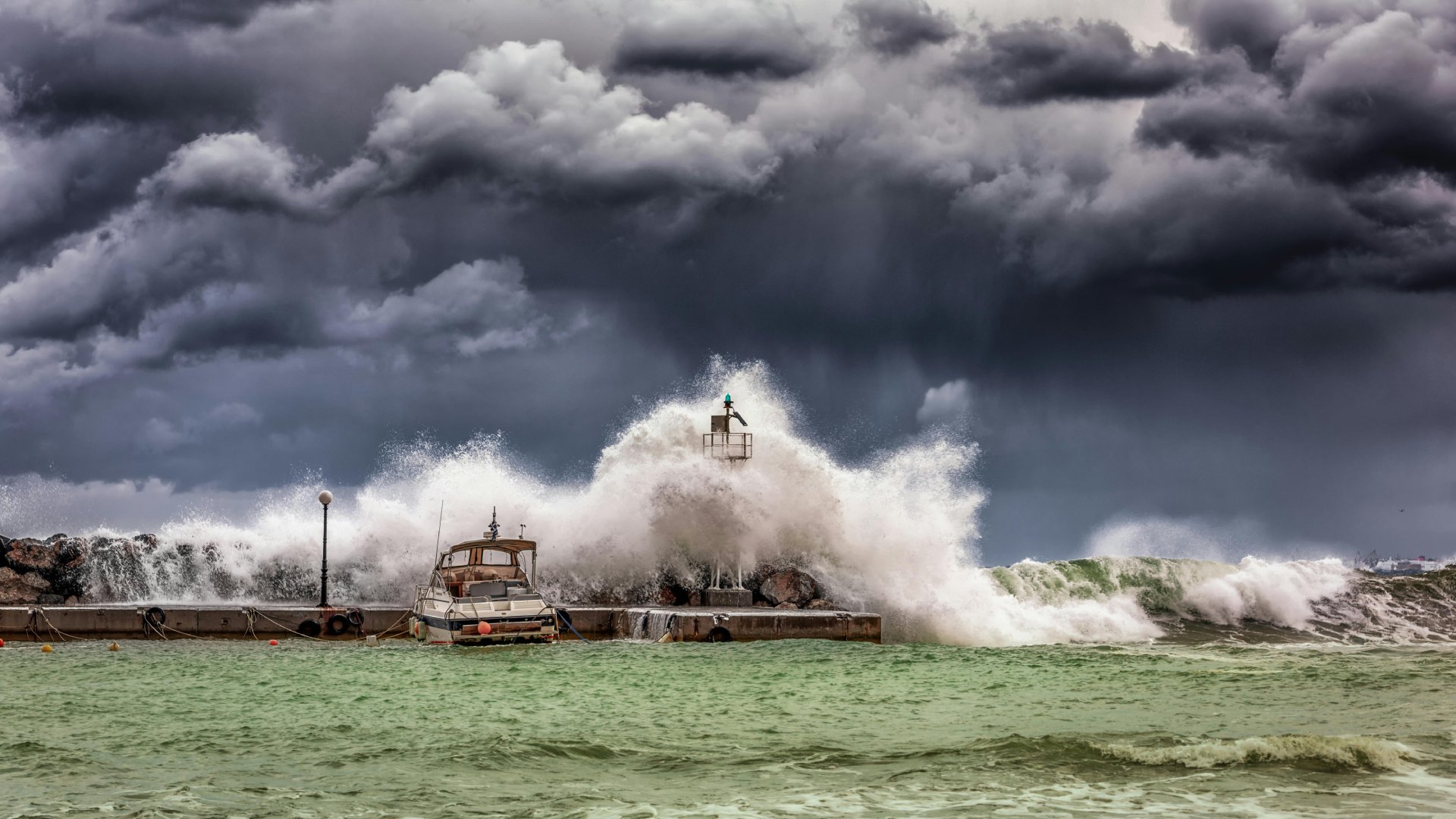The tragic attack in Istanbul, Turkey, on 12 January 2016 raises many troubling questions. For an in-depth look at the situation, we spoke with Joseph Mroszczyk, Manager of Intelligence Products and Services at Global Rescue.
1. What are the details of the Istanbul attack?
At approximately 10:15 local time on 12 January, an explosion in the Sultanahmet district of Istanbul—an area of the city popular among tourists for its historic attractions—killed at least 10 people and injured 15 others in a suicide attack. According to reports, all ten of the people killed were German nationals and many of those injured were foreigners. Reports indicate that a Syrian man with ties to the terrorist group the Islamic State (IS) was behind the attack.
2. Has violence in Turkey increased recently?
Violence in Turkey has escalated over the past six months, ever since the Turkish government ramped up its counterterrorism efforts to include an enhanced partnership with the United States to combat the Islamic State (IS). The Turkish government is currently combatting the PKK (a Kurdish separatist group), DHKP-C (Marxist militants), and IS. These groups have all demonstrated the desire and/or capability to carry out attacks in the country, including in Istanbul. Though many recent attacks have primarily targeted Turkish government and security facilities, such sites are often located near areas frequented by tourists.
3. What other recent attacks have occurred in Istanbul?
This is the latest attack in what has been a string of attacks in Istanbul over the past year. In December alone there was a blast at the Sabiha Gokcen International Airport, claimed by the Kurdistan Freedom Falcons, which killed one aircraft cleaner and injured another, and also an explosion at the Bayrampasa Metro Station which injured five people. There have also been other attacks at Dolmabahçe Palace, police stations, and the US Consulate in 2015. Further, Turkish authorities warned of possible threats to public transportation in Istanbul in July.
In addition, the capital of Turkey, Ankara, has also witnessed increased terrorist activity over the past few months. On 30 December, Turkish authorities announced they detained two suspects believed to be planning a suicide attack during New Year’s Eve celebrations in central Ankara. On 10 October, twin explosions during a demonstration near the city’s central train station killed nearly 100 people and injured 245.
4. How are countries advising their citizens in the wake of this attack?
Many countries – such as Canada, Germany, France, the United Kingdom, and the United States – issued security messages to their citizens in Istanbul after the attack. Most of these messages advised citizens to avoid the Sultanahmet district, follow the advice of local authorities, monitor local media for new developments, and maintain situational awareness and vigilance while traveling in the area.
5. What does this attack mean for Turkey and for its tourists?
This recent attack—which is consistent with tactics associated with IS—represents another example of the deterioration of the security situation in Turkey over the past year. While the country’s southeastern border with Syria and Iraq has historically been a volatile region of the country, violence has recently spread to the streets of major cities like Ankara and Istanbul with devastating effects. Well-organized terrorist groups have demonstrated the intent and ability to carry out attacks against civilians in Turkey in retaliation for enhanced counterterrorism operations against their groups. Though many attacks in the past have specifically targeted Turkish government and/or security assets (particularly so among Kurdish and leftist militants), the recent trend of attacking civilian targets—including those popular among foreign tourists—represents a worrisome shift in terrorist tactics in the country. More attacks in the country, including in cities like Istanbul and Ankara, are likely.
6. What advice can you offer for tourists in Turkey?
- Avoid large crowds and demonstrations, which may be seen as ideal targets for terrorist groups.
- Avoid using public transportation, which have also been seen as prime targets.
- Maintain a low profile and avoid congregating with large groups of Westerners and other foreigners.
- Maintain situational awareness at all times. Report suspicious behavior, activities, or objects to the authorities.
- Expect an increased presence of security forces in Istanbul and in other cities around the country. These increased security measures may result in travel disruptions.
If you are currently traveling in Turkey or have questions about upcoming travel, contact Global Rescue Security Operations at 617-459-4200 oroperations@globalrescue.com.









